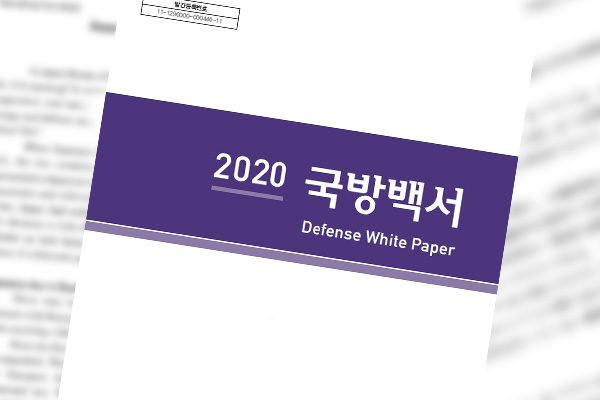Is South Korea being drawn by China to return to a continental power? Since its founding, South Korea, as a liberal democratic nation, has enhanced national security with its military alliance with the United States and achieved economic growth by expanding friendly relations with Japan. As the existence of North Korea has blocked South Korea’s access to the continent, the South has developed as a maritime power. But South Korea’s position is changing under the Moon Jae In regime.
On January 26 just after Joe Biden’s inauguration as the 46th president of the United States, Moon held telephone talks with Chinese President Xi Jinping to offer his congratulation on the 100th anniversary of the Chinese Communist Party. Moon’s telephone conversation with Biden came late on February 4. On February 14, Moon sent an SNS message to neighboring countries for celebrating the Chinese New Year in Korean, English and Mandarin. There was no Japanese language message.
South Korean military to address Japan’s history interpretation
After reading a South Korean defense white paper released on February 2, I understood the direction in which South Korea is going under the Moon regime. South Korea publishes a defense white paper every two years. The latest paper described Japan as “neighbor” against “partner” in the previous version. As obstacles to the development of defense relations with Japan, the paper cited (1) some Japanese politicians’ distorted interpretation of history, (2) Japan’s territorial claim to the Takeshima Islands (named Dokdo in the white paper), (3) “intimidating” flights by Japanese Self-Defense Forces patrol aircraft near South Korean military ships and Japan’s “fact-distorting and unilateral” media announcements, and (4) Japan’s export control targeting South Korea.
The paper further said, “We will strictly address Japan’s distortion of history, unjust territorial claims to Dokdo, and unilateral and discretionary measures on pending issues. Meanwhile we will continue to cooperate with Japan in dealing with common security concerns for the sake of peace and stability on the Korean Peninsula and in Northeast Asia.” The paper’s assertion that the military would address a foreign country’s interpretation of history represents an over-the-top rhetoric. The paper also carried a large photo of South Korean Air Force aircraft conducting drills over the Takeshima Islands.
China described as “strategic cooperative partner”
The South Korean white paper dropped the description of North Korea as “enemy” as it did in the previous version. The North had been described as “main enemy” between 1995 and 2000 before the description was dropped under the Kim Dae Jung administration. In 2010, the Lee Myung Bak government revived “enemy,” saying that “the North’s regime and the North’s military are enemies.” The expression disappeared under the Moon regime. Indeed, the latest paper said, “South Korean military regards any force threatening or infringing on South Korea’s sovereignty, lands, people, or property as an enemy.” This indicates that Japan could be considered an enemy.
The defense white paper did not criticize China at all, but described South Korea-China relationship as “strategic cooperative partnership,” emphasizing smooth progress in bilateral defense cooperation.
The paper provided this description of foreign countries in its chapter on defense cooperation. The chapter began with writing about good relations with China and then a confrontational relationship with Japan before taking up relations with Russia, Southeast Asia, India, and the Middle East without any confrontational wording. This means that the paper indicated Japan as the only foreign country having obstacles to South Korean military’s cooperation in the world.
We should not disregard the meaning of the fact that South Korean military under the Moon regime regards North Korea as not an enemy, Japan as a neighbor rather than a partner, and China as a strategic cooperative partner.
Tsutomu Nishioka is a senior fellow and a Planning Committee member at the Japan Institute for National Fundamentals and a visiting professor at Reitaku University. He covers South and North Koreas.


